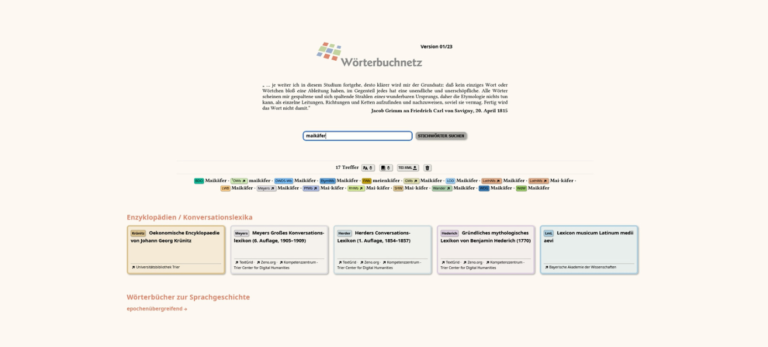
Das Trierer Wörterbuchnetz bietet Zugriff auf mehr als 40 Wörterbücher und Nachschlagewerke, die entweder einzeln aufgerufen oder mittels einer übergreifenden
Short description of the project
The Pinkasim – the minute books of Jewish communities – widespread in Ashkenazic Europe and northern Italy – are a central source for Jewish history and culture in the Early Modern Period. Previously contained spread across archives and collections in Israel, Europe and the United States, the communal Pinkassim were successively digitalized and made accessible on a webpage. The handwritten minute books, in Hebrew or Yiddish, which were maintained both by large urban communities as well as smaller communities in the countryside, sometimes for several generations, provide significant insight into the urban and rural Jewish life worlds between the sixteenth and eighteenth centuries.
Project content
The Pinkasim contain a rich store of information on the development of legislation and legal practice, as well as on nearly all aspects of social, economic and cultural history, along with the history of language and everyday life. As historical source materials still barely tapped in a systematic fashion, the minute books are thus in a position to further the better understanding of Jewish history and culture in premodern Europe to a special degree. On the one hand, on the basis of the Pinkassim, regional features and languages of Jewish culture extending over a longue duree can be researched. On the other hand, these source materials document the reticulation of interconnections the Ashkenazic communities had with the culture surrounding them.
In this context, the Dubnow Institute was participating in a digitization agenda in the field of Jewish Studies. From 2015 to 2019, in cooperation with the National Library of Israel and internationally prominent specialists such as Israel Bartal (The Hebrew University of Jerusalem), Gershon D. Hundert (McGill University, Montreal) and Adam Teller (Brown University, Providence), the Project gathered together the Pinkasim – the minute books of Jewish communities – widespread in Ashkenazic Europe and northern Italy – as a central historical source for Jewish history and culture in Early Modern Period.
Along with experienced scholars, younger academics in particular were closely integrated into the project, and there was ongoing promotion of intensive exchange between the disciplines. Regular international workshops and summer schools organized by the project served to train and network younger scholars in the field of Jewish history and culture of the Early Modern Period, facilitation a sustained, longer-termn involvement with Pinkasim as a Special genre of source materials.
Zülz – Jewish Community, 1792-1865, Central Archives for the History of the Jewish People;GA-Zuelz-Kge7-7.
https://www.nli.org.il/he/archives/NNL_CAHJP990041977920205171/NLI#$FL72942875
Prof. Dr. Jörg Deventer
Leibniz Institute for Jewish History and Culture – Simon Dubnow
Find out more at
www.nli.org.il/en/discover/manuscripts/pinkas
Add your DH research project to the project showcase by submitting a short project description via the web form. Enter project data, a brief description, a graphic or visualization as well as a detailed description of the project content with technical assignment, addressees, added value, project managers, funding information and duration.

Das Trierer Wörterbuchnetz bietet Zugriff auf mehr als 40 Wörterbücher und Nachschlagewerke, die entweder einzeln aufgerufen oder mittels einer übergreifenden
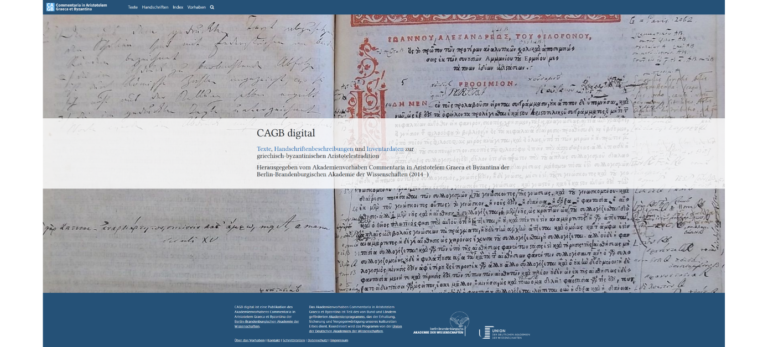
Das Akademienvorhaben hat die philologische Erschließung und kritische Edition antiker und byzantinischer Kommentare, Paraphrasen, Kompendien und Scholien zu den Schriften

Das Institut für Dokumentologie und Editorik e.V. (IDE) ist ein internationaler Zusammenschluss von Wissenschaftlerinnen und Wissenschaftlern aus verschiedenen Disziplinen der

Das Forschungs- und Lehrkorpus Gesprochenes Deutsch (FOLK) wird seit 2008 am Leibniz-Institut für Deutsche Sprache aufgebaut. Das Korpus enthält Audio-
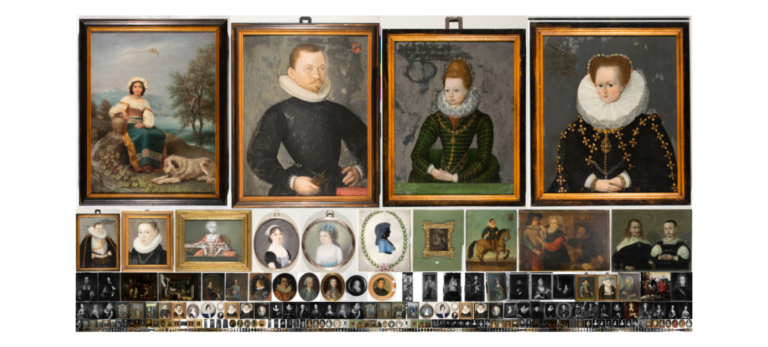
Das vom Bundesministerium für Bildung und Forschung (BMBF) geförderte und am UCLAB der FH Potsdam angesiedelte Projekt Restaging Fashion (11.2020
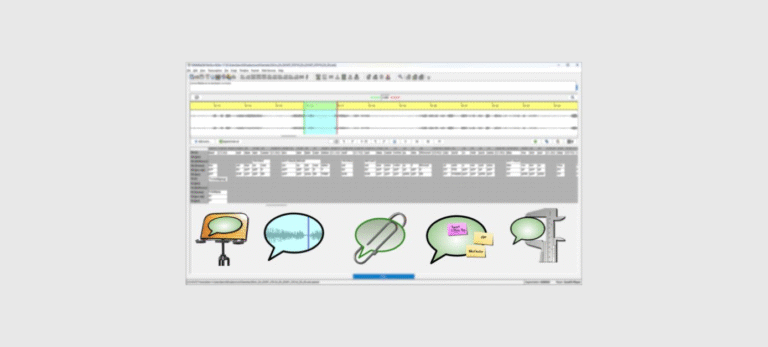
EXMARaLDA wurde ursprünglich (2000-2011) am SFB Mehrsprachigkeit der Universität Hamburg entwickelt. Die Entwicklung von FOLKER und OrthoNormal wurde über das
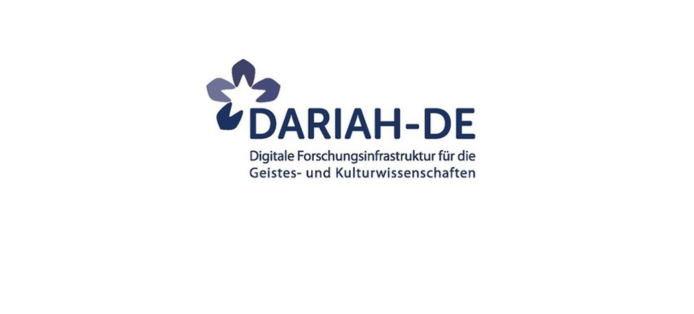
DARIAH-DE (funded 2011-2019) supports humanities scholars and cultural scientists working with digital resources and methods in research and teaching. To this end, the network is establishing a digital research infrastructure and developing materials for teaching and further education in the field of Digital Humanities (DH). The DARIAH-DE operational cooperation (2019-2021) continues these goals.
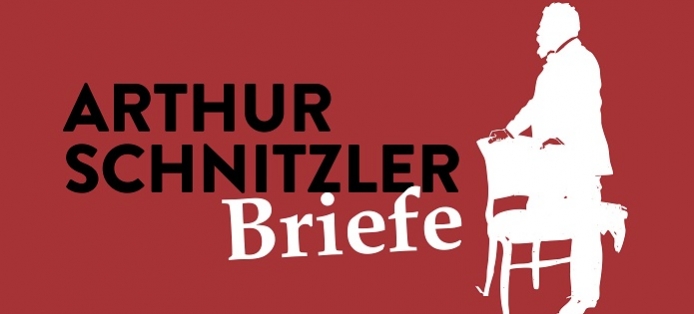
Arthur Schnitzler gehört zu den bedeutendsten österreichischen Autoren und war ein produktiver und gut vernetzter Briefschreiber. Seine Korrespondenz wurde jedoch
Wir verwenden Cookies und ähnliche Funktionen zur Verarbeitung von Daten. Die Zustimmung ist freiwillig und kann jederzeit widerrufen werden.